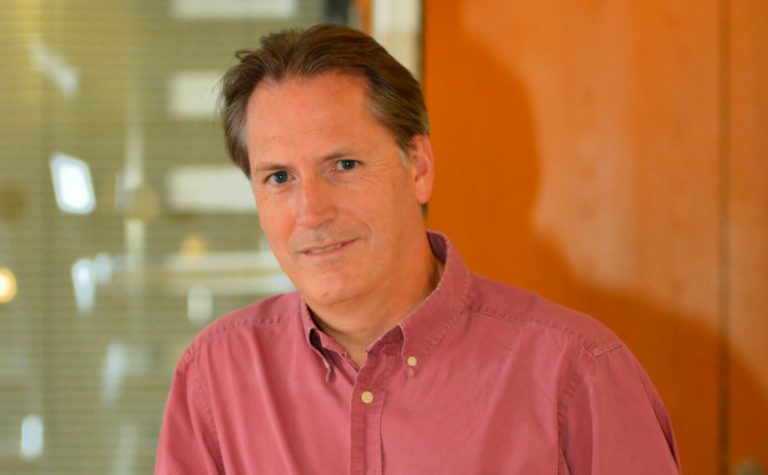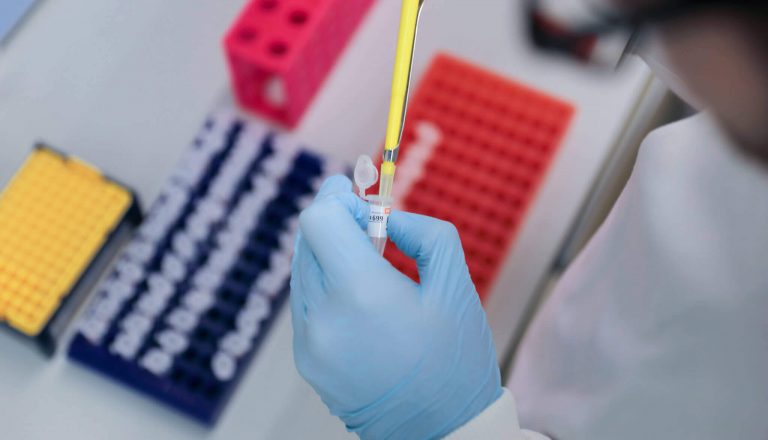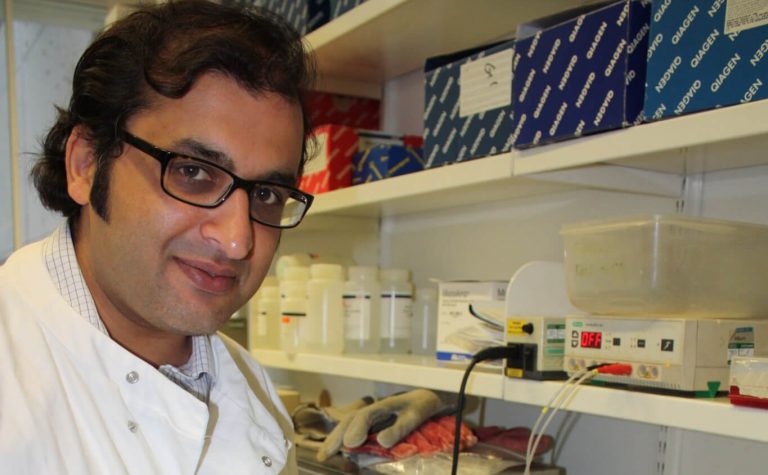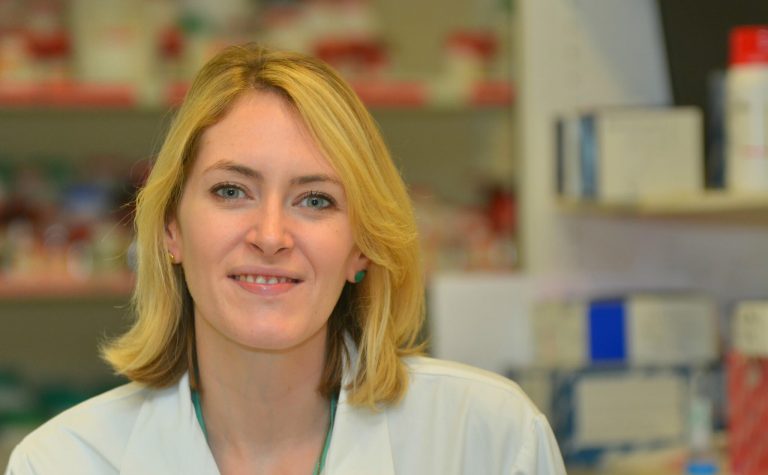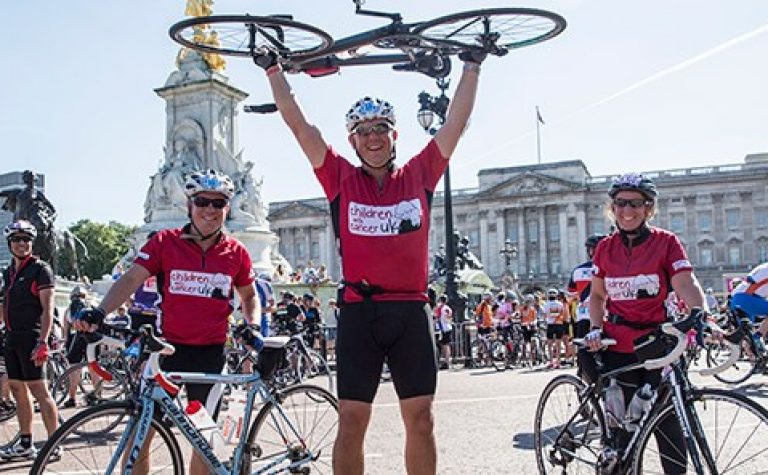Some childhood cancers don’t respond well to chemotherapy, but there is hope in the form of immunotherapy. Doctors have already achieved success using immunotherapy techniques to treat children with leukaemia and neuroblastoma. Now Professor John and his team aim to extend these techniques to treating childhood sarcomas.
For childhood cancers that don’t respond well to chemotherapy, immunotherapy offers new hope. Children with leukaemia and neuroblastoma have already been successfully treated, and this project by Children with Cancer UK aims to extend immunotherapy to treating childhood sarcomas.
Thank you
This research project on looking at developing immunotherapy for childhood sarcomas has been successfully completed. Your donations allow us to fund ground-breaking research that can improve treatments given to children with cancer. Thank you. Your help allows us to continue to find ways to drive up the chances of survival for children with cancer and reduce the toxic side effects that can affect the rest of their lives.
